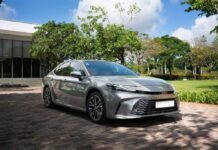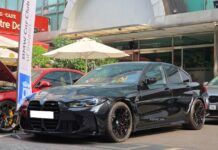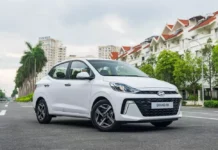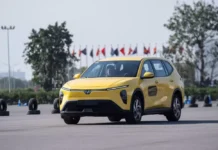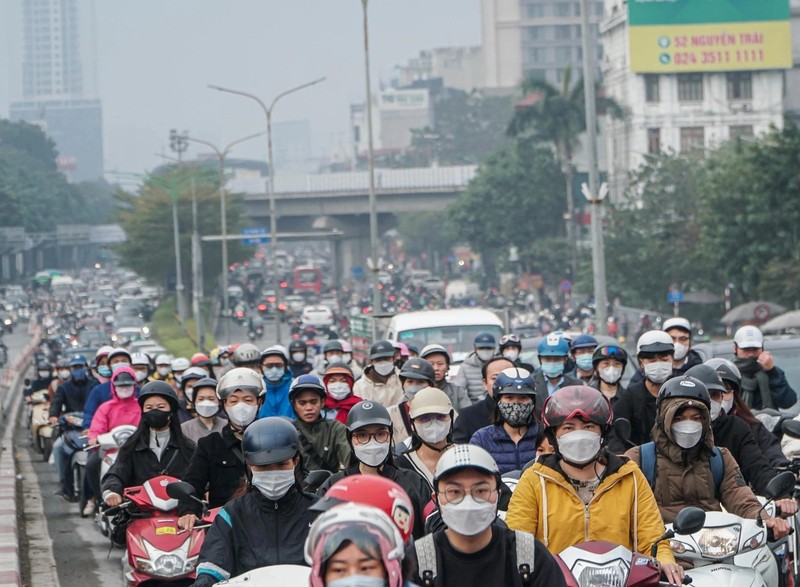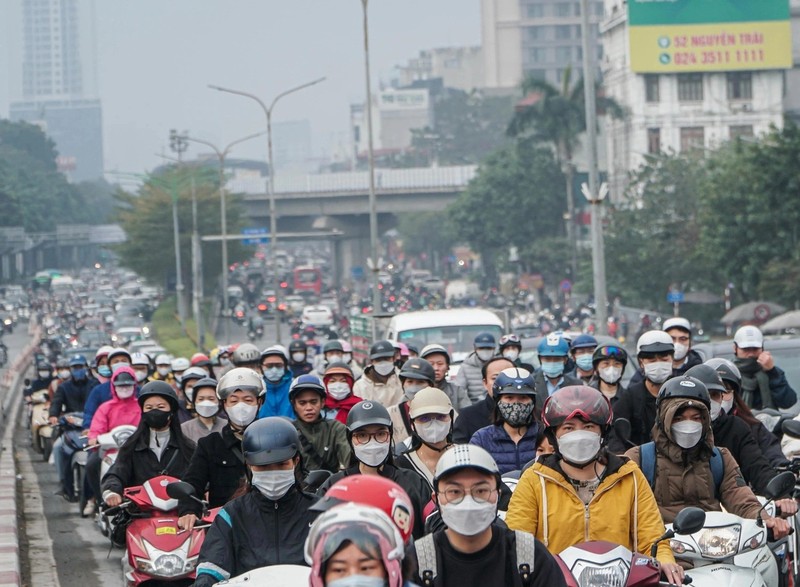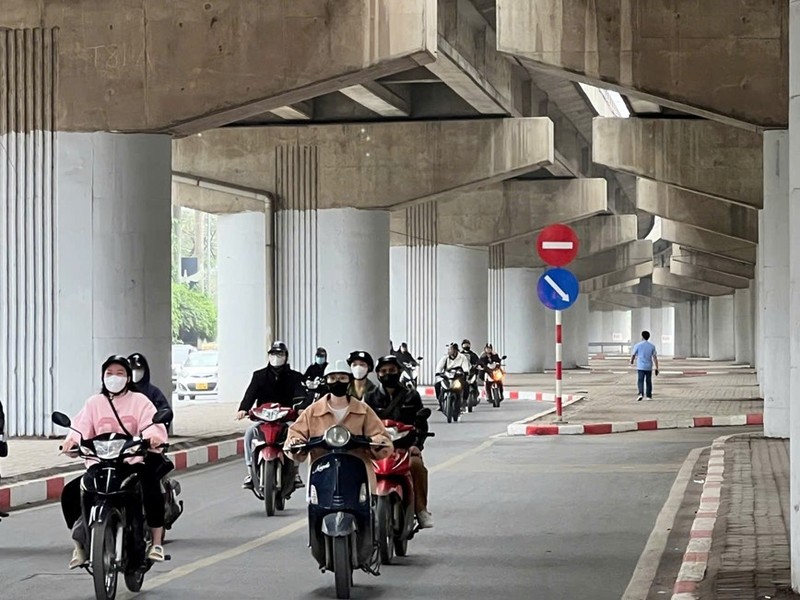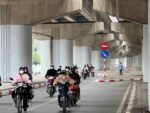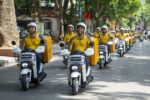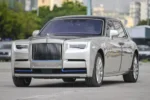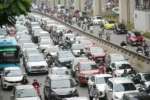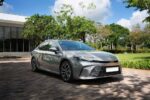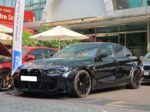Hanoi authorities affirm that the city will research a mechanism and policy to support the most suitable transition for the people, especially those using gasoline-powered vehicles within the Ring Road 1 area.
Ensuring both suitable transformation and feasibility
At the seminar “Determined to Protect the Environment and the Health of Hanoi’s People” held this afternoon [July 15], Vice Chairman of the Hanoi People’s Committee Duong Duc Tuan stated that the current state of environmental pollution in Hanoi is extremely urgent, directly threatening the environment, quality of life, and health of the people.
These issues pose challenges related to the development goals of Hanoi and other major cities (Ho Chi Minh City, Beijing…), which have also gone through difficult periods in controlling environmental pollution.
According to research and assessments by central agencies and Hanoi, one of the causes of air pollution is transportation vehicles, especially the development of transport infrastructure that relies mainly on fossil fuels (gasoline and diesel).
Mr. Tuan stated that the consequences of environmental pollution will hinder development and may even lead to economic, social, and societal crises.
Therefore, the central government and Hanoi have repeatedly emphasized in resolutions, directives, the Law on Environmental Protection, and other related laws, the importance of measures and solutions to control environmental pollution.
Environmental pollution and traffic congestion keep air quality in Hanoi at poor levels.
Hanoi’s population is around 8.5 million, excluding the floating population. There are over 8 million vehicles, including 1.1 million cars and about 6.9 million motorbikes. Within Ring Road 1, the historic inner-city area, there are about 450,000 motorbikes, while the population is only about 600,000.
Therefore, Directive 20 has set out solutions, tasks, directions, and targets related to the handling of vehicles. Hanoi will have to research comprehensive and detailed programs and plans for implementation.
“The content of Directive 20 covers various environmental aspects, and we are implementing different programs. Regarding personal vehicles using gasoline, this is an issue that must ensure a harmonious balance, taking into account the people who use these vehicles, businesses, and the state. We must ensure both suitable transformation and feasibility,” said the Vice Chairman of Hanoi People’s Committee.
Accordingly, Hanoi will research mechanisms and policies to support the most suitable transition for the people, especially those using gasoline-powered vehicles within Ring Road 1, the city’s center.
Standardizing the planning and implementing technical infrastructure for charging stations
Along with this, people outside Ring Road 1 should also be encouraged to benefit from the policy to promote the transition to cleaner energy.
Hanoi will have mechanisms and policies to support the people in switching from gasoline to electric vehicles.
“We will take management measures, but we need the coordination and participation of central ministries and sectors, as well as the people and businesses. There will be measures to encourage enterprises providing green vehicles to offer the best incentives and support to people transitioning to cleaner energy vehicles, including support for the price and related issues to ensure the best use of these vehicles,” said Mr. Tuan.
According to Mr. Tuan, the Hanoi People’s Committee will submit specialized resolutions to the Hanoi People’s Council to handle issues related to this matter. It is expected that in September 2025, the resolutions will be submitted to the Hanoi People’s Council according to the roadmap directed by Directive 20.
In addition, Hanoi will standardize the planning and implement technical infrastructure related to charging stations for electric vehicles, ensuring that it meets the needs of the people and guarantees safety.
At the same time, Hanoi will organize a multi-modal public transport network that is the most suitable, modern, and intelligent.
Currently, there are 45 bus routes with 535 buses within Ring Road 1, including 11 electric bus routes with 126 buses. Hanoi will restructure this network by increasing the number of small buses with 8-12-16 seats to form a wider public transport network.
Moreover, Hanoi is constructing two metro lines, Cat Linh-Ha Dong and Nhon-Hanoi Station, which will reach the center of Ring Road 1. By 2030, Hanoi is expected to complete three urban railway lines (urban railway lines 2, 3, and 5) and the branch line number 2A.
According to Hanoi’s leaders, after restructuring the bus network and developing the urban railway system, they aim to increase the public transport usage rate within Ring Road 1 to about 40%.
Ngân Tuyền (ANTĐ)

